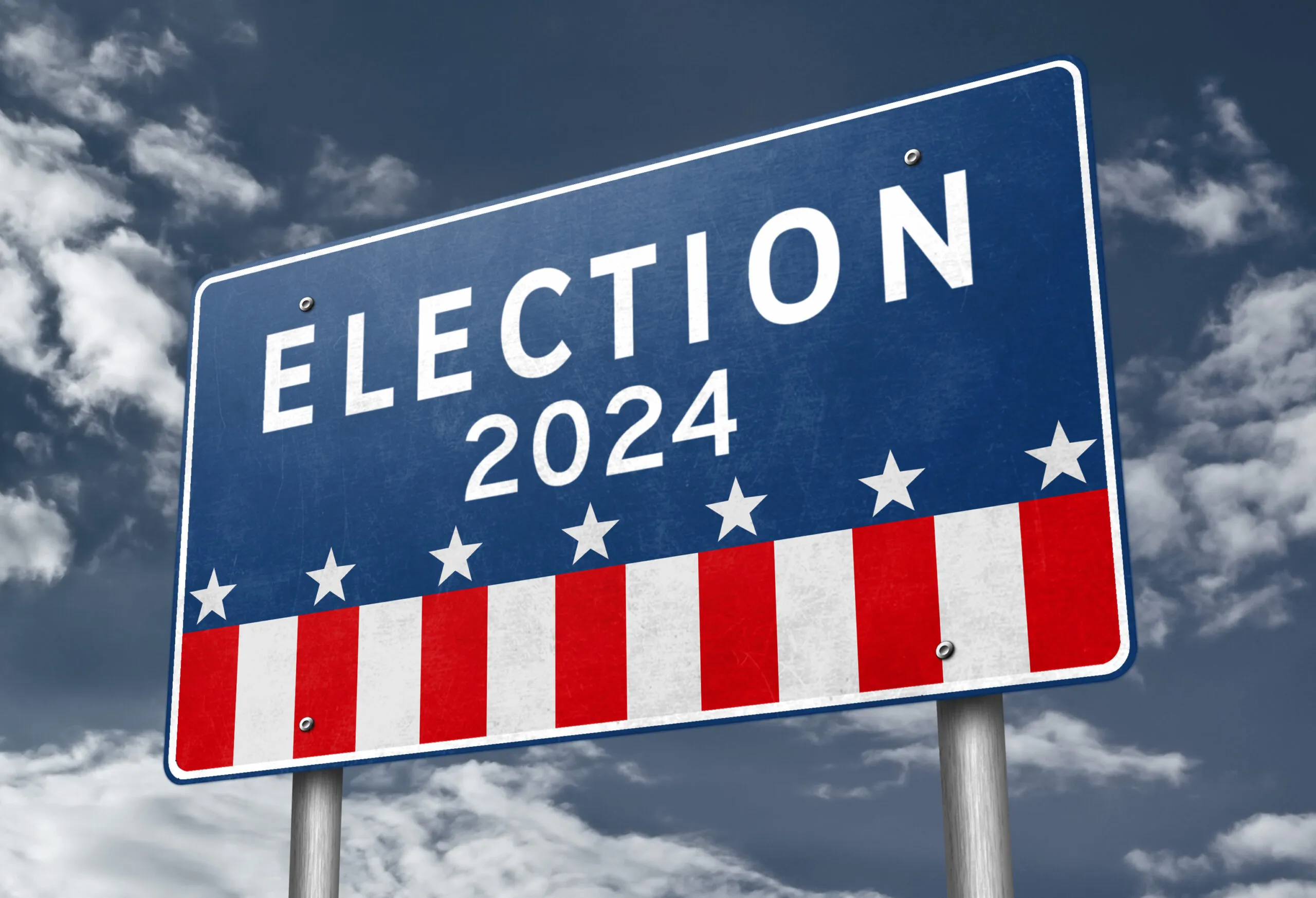Boulder, Broomfield area leaders see hope for transportation funding
No, no one is expecting a commuter rail system between Denver and Longmont to be completed in the next couple of years. But government leaders representing Boulder and Broomfield counties are feeling confident that 2021 could be a big year for other — perhaps more modest — infrastructure projects.
“Infrastructure and reliable transportation are important to all Americans and all Coloradans,” U.S. Rep. Joe Neguse said during a video played Thursday evening during a policy roundtable hosted by the Northwest Chamber Alliance.
The problem, of course, is that infracture projects are expensive and Colorado has limited funding sources for such endeavors.
The state’s…
THIS ARTICLE IS FOR SUBSCRIBERS ONLY
Continue reading for less than $3 per week!
Get a month of award-winning local business news, trends and insights
Access award-winning content today!





